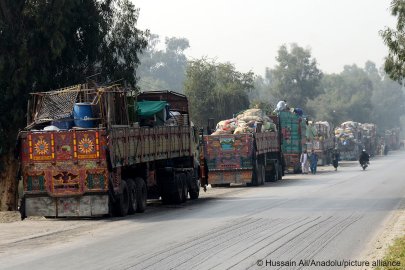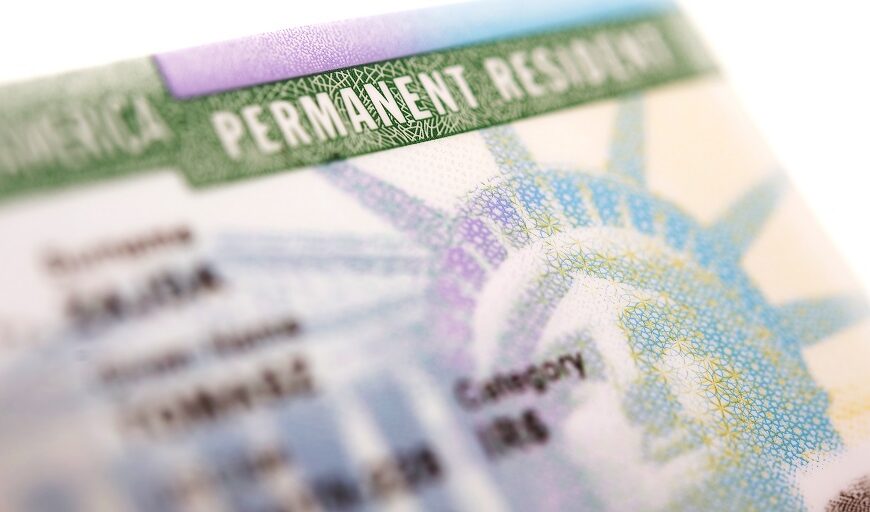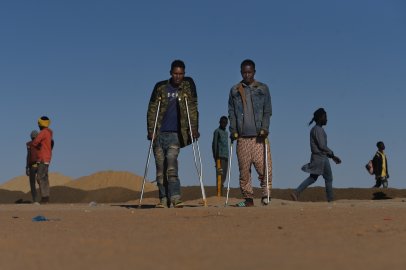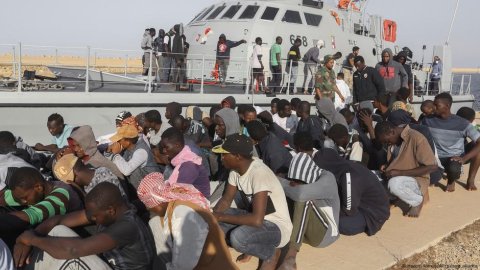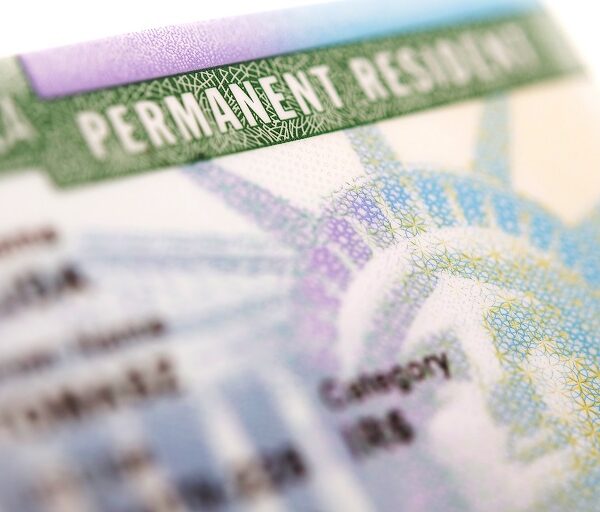Understanding the Situation of Afghans in Pakistan
The plight of Afghan refugees in Pakistan has become increasingly dire, as many face the grim reality of forced returns to Afghanistan. With ongoing political instability, economic challenges, and security concerns in Afghanistan, many individuals and families are caught in a precarious situation. This blog post delves into the circumstances surrounding Afghan refugees in Pakistan, the implications of forced returns, and the broader context of their struggles.
The Refugee Crisis: A Historical Perspective
Afghanistan has experienced decades of conflict, leading to one of the world’s largest refugee crises. Millions of Afghans have sought refuge in neighboring countries, particularly Pakistan. Historically, Pakistan has hosted a substantial number of Afghan refugees, providing them with shelter, albeit under challenging conditions. However, the recent shift in political dynamics has created a sense of urgency and fear among these individuals.
Current Challenges Faced by Afghan Refugees
The challenges faced by Afghan refugees in Pakistan are multifaceted, stemming from both local policies and the broader geopolitical climate. Here are some of the key issues:
Legal Status and Documentation: Many Afghans in Pakistan lack formal documentation, rendering them vulnerable to harassment and deportation. This lack of legal status complicates their ability to seek employment, access healthcare, and integrate into society.
Economic Hardship: With limited job opportunities, many Afghan refugees struggle to make ends meet. The economic downturn exacerbated by the COVID-19 pandemic has further diminished their prospects, pushing them into poverty.
Social Stigmatization: Afghan refugees often face discrimination and social isolation. The perception of Afghans as outsiders contributes to their marginalization within Pakistani society.
Security Concerns: Ongoing violence and instability in Afghanistan heighten fears among refugees about returning home. The Taliban’s resurgence has led to widespread insecurity, making it unsafe for many to consider repatriation.
Forced Returns: A Growing Reality
The situation has reached a tipping point, with authorities in Pakistan increasingly enforcing policies that lead to forced returns of Afghan refugees. Reports indicate that countless families are being compelled to leave, often with little notice. This development raises several critical questions:
Why Are Afghans Being Forced to Return?
The Pakistani government’s decision to push for the return of Afghan refugees is influenced by various factors:
Political Pressure: The Pakistani government faces pressure to address internal issues, including the perception of being a host country for a large number of refugees. This pressure is exacerbated by political shifts and changes in international relations.
Security Concerns: Authorities claim that the presence of undocumented Afghans poses security risks. The government argues that returning refugees will help manage these risks, despite the potential consequences for those being sent back.
International Aid Dynamics: The withdrawal of international support and attention has created an environment where Afghan refugees are increasingly seen as a burden rather than a population in need of assistance.
The Impact of Forced Returns
The forced return of Afghan refugees has significant implications for both the individuals affected and the broader region:
Humanitarian Crisis: The return of refugees to Afghanistan, where the situation remains unstable, exacerbates the humanitarian crisis. Many returnees find themselves without access to basic necessities such as food, shelter, and healthcare.
Reintegration Challenges: Returning individuals often face challenges reintegrating into Afghan society. With the economy in turmoil, job opportunities are scarce, and many returnees struggle to rebuild their lives.
Increased Vulnerability: The security situation in Afghanistan continues to deteriorate, leaving returnees vulnerable to violence, discrimination, and human rights abuses.
The Role of the International Community
The response of the international community to the plight of Afghan refugees in Pakistan is critical. Here are some ways in which global actors can contribute:
Advocacy for Refugee Rights: International organizations and governments must advocate for the rights of Afghan refugees, emphasizing the importance of protection and support for vulnerable populations.
Humanitarian Aid: Providing humanitarian assistance to both Afghan refugees in Pakistan and returnees in Afghanistan is essential. This support can help address immediate needs and facilitate the reintegration process.
Diplomatic Engagement: Engaging with the Pakistani government to ensure that refugee policies align with international human rights standards is crucial. Diplomatic efforts can foster a more supportive environment for refugees.
Conclusion: A Call for Compassion and Action
The situation for Afghan refugees in Pakistan is a poignant reminder of the ongoing global refugee crisis. Forced returns amid uncertainty only serve to deepen the challenges faced by these individuals. As the international community grapples with complex geopolitical dynamics, it is imperative to prioritize the rights and dignity of Afghan refugees.
The call for compassion and action is more urgent than ever. By addressing the root causes of forced returns and providing adequate support, we can help ensure that Afghans seeking safety and stability are not left without a place to call home.
